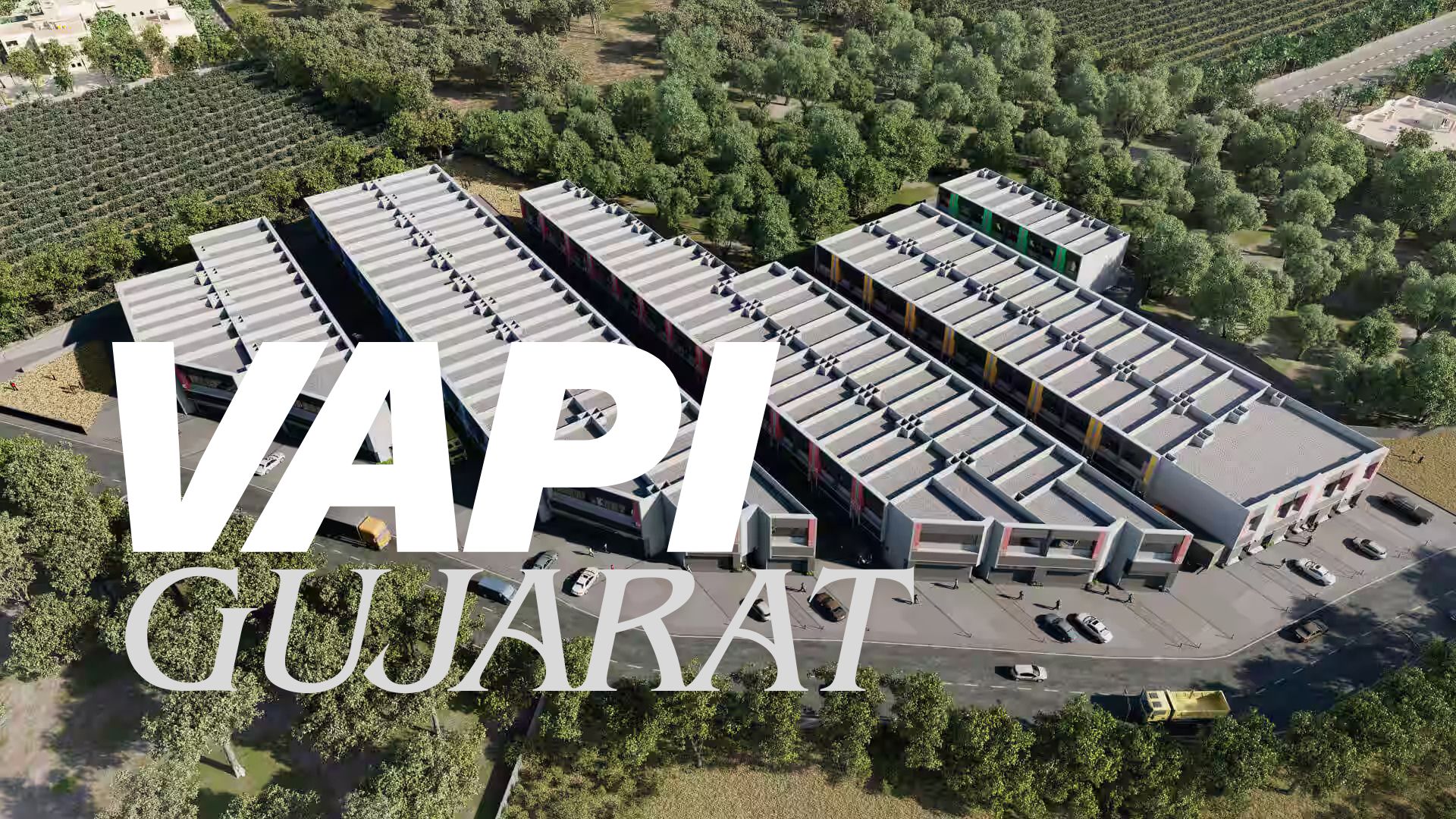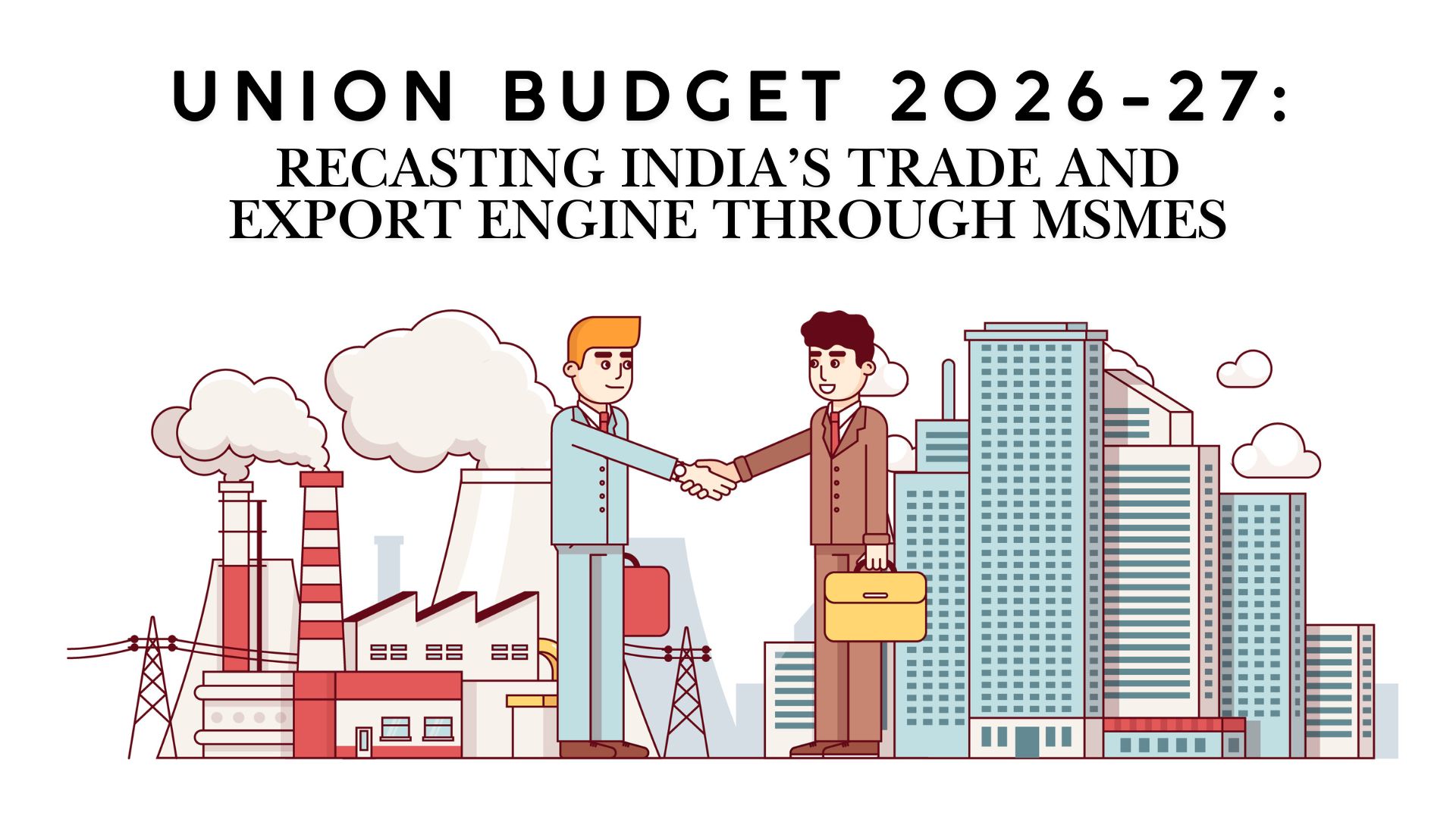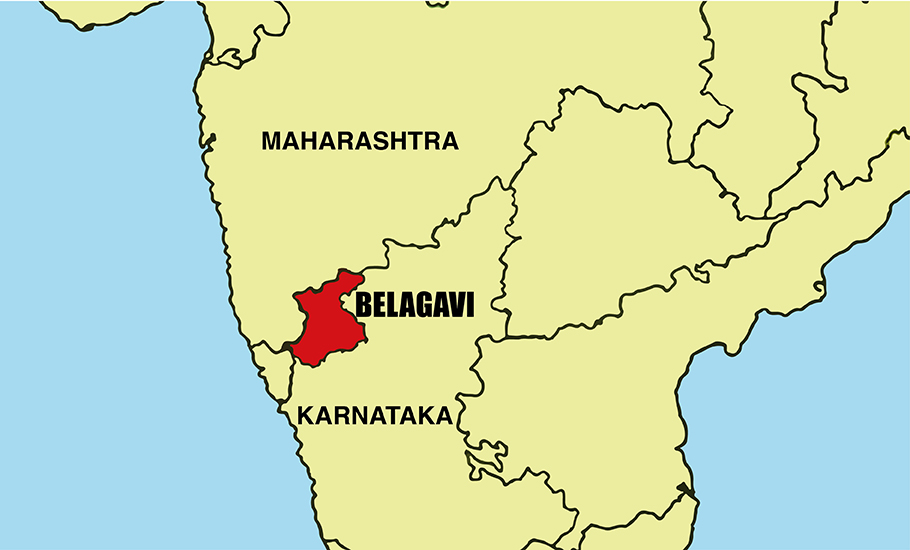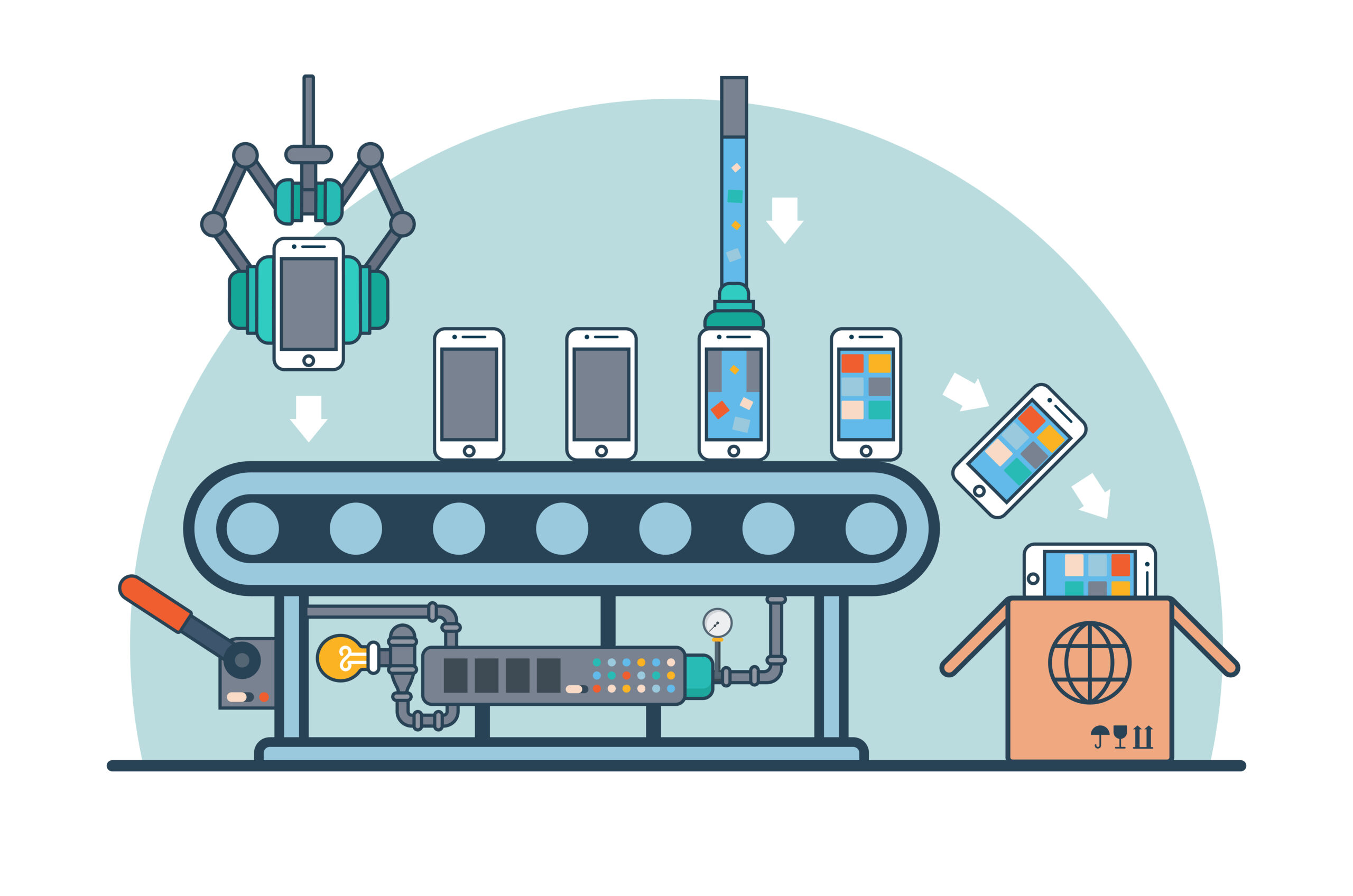Vapi: The Industrial Pulse of Western India

Some cities don’t just host industries, they become industries. Vapi is one of them. Tucked in the southern tip of Gujarat’s Valsad district, this unassuming city has quietly transformed itself into one of India’s most productive SME ecosystems. For decades, Vapi has been the manufacturing lungs of Western India, supplying the nation’s paper, packaging, textile, dye and chemical needs with unrelenting consistency.
Often called the “Chemical Capital of Gujarat,” Vapi’s significance extends far beyond its factories. It represents the spirit of Indian enterprise – raw, adaptive and rooted in self-made ambition. From single-unit manufacturers to multi-crore exporters, Vapi’s industrial fabric is a blend of grit and ingenuity, stitched together by thousands of small and medium enterprises that form its economic backbone.
From Industrial Township to Power Hub
Vapi’s rise began in the 1960s, when the Gujarat Industrial Development Corporation (GIDC) earmarked it as one of the state’s earliest planned industrial townships. What started with a handful of chemical and engineering units grew into a full-fledged manufacturing ecosystem of over 3,000 MSMEs, employing more than a lakh people directly and indirectly.
The location helped – equidistant from Mumbai and Surat, with rail, road and port linkages giving it a logistical edge. But geography alone didn’t define Vapi. What defined it was resilience. Through economic cycles, regulatory shifts and environmental challenges, the city’s entrepreneurs kept reinventing themselves. They invested in effluent treatment plants, embraced energy-efficient machinery and adopted process innovation long before sustainability became a boardroom term.
Today, Vapi’s industrial output is as diverse as it is dynamic – chemicals, textiles, plastics, paper, engineering components and packaging materials, with a growing cluster of export-oriented units catering to Southeast Asia, Africa and the Middle East.
Reinvention Through Responsibility
Vapi’s success story hasn’t been without its turning points. Once criticized for its industrial pollution, the city turned that label into a learning curve. The Vapi Industrial Association (VIA), along with GIDC and Gujarat Pollution Control Board, spearheaded one of India’s most ambitious common effluent treatment initiatives.
That collective action changed the narrative. The city moved from reactive compliance to proactive sustainability, becoming a model for industrial collaboration in environmental management. Today, Vapi’s story is no longer one of pollution control but of pollution prevention. And that shift has elevated the city’s credibility with global buyers increasingly focused on ESG compliance.
This evolution reflects a broader truth about Indian SMEs that long-term competitiveness now depends on collective responsibility as much as individual success.
Catalysts for Future Growth
With the Delhi-Mumbai Industrial Corridor (DMIC) expanding its reach and Daman and Silvassa growing as complementary trade zones, Vapi is positioned to emerge as a logistics and manufacturing bridge between Gujarat and Maharashtra.
Institutions such as SIDBI, NSIC and Vibrant Gujarat MSME initiatives have been instrumental in upgrading local units through credit facilitation, skill training and digital adoption. A new generation of entrepreneurs is digitizing operations, integrating ERP systems and exploring exports through e-commerce and B2B marketplaces, making Vapi’s industrial model more tech-driven and less transactional.
The SME Communities Perspective
Vapi’s story is a reminder that India’s economic strength doesn’t only lie in its metros, it thrives in its manufacturing heartlands. What began as a cluster of small chemical units has matured into a multi-sector SME power hub, driven by ambition, adaptation and accountability.
In many ways, Vapi stands as a metaphor for India’s industrial evolution, where local enterprise meets global responsibility and where growth is measured not just in output but in transformation.
For a country building its future on the foundation of SMEs, Vapi’s journey holds a quiet lesson: true progress is when industry and community grow together.
Because the power of Indian manufacturing doesn’t just lie in its machines, it lies in its mindset. And nowhere is that mindset more visible than in the relentless, resilient city of Vapi.











